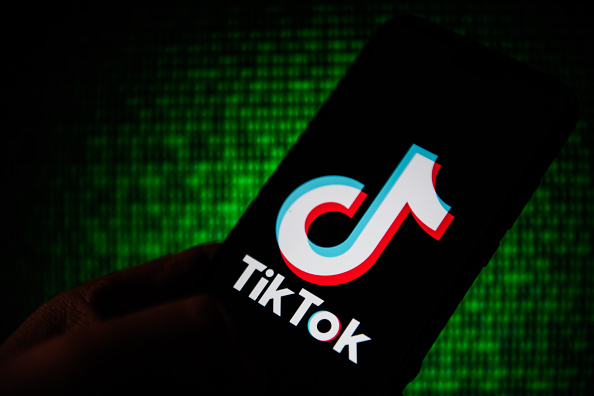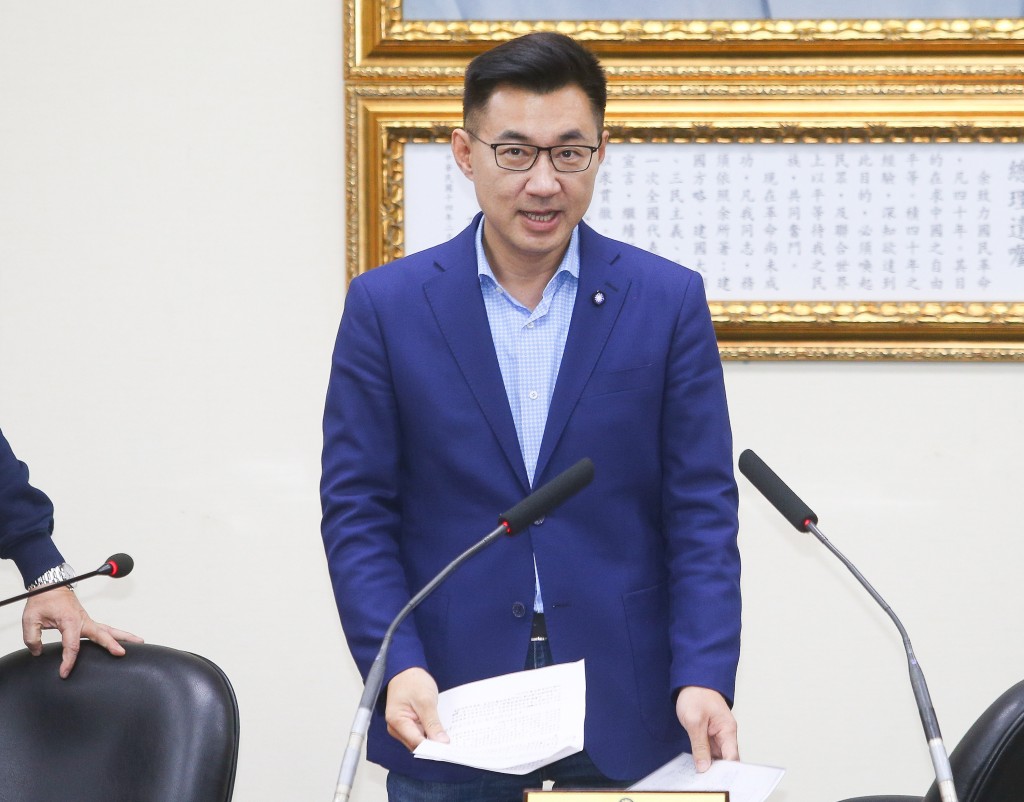
 Global Emergency
Global EmergencyAs the spread of the coronavirus seems to be in decline in China, Chinese health workers have begun to turn their attention to foreigners and the expatriate population in their efforts to contain the virus. Police and government workers in China are checking foreign nationals to see whether they have traveled outside of the country. Alongside virus-control efforts, Chinese officials have also elevated a conspiracy theory that the United States Army brought COVID-19 to China and that it did not originate in Wuhan, as previously thought. "It might be US army who brought the epidemic to Wuhan," tweeted Zhao Lijian, a foreign ministry spokesman. Although the first reported cases of the virus were in Wuhan, Zhao has also told reporters that "no conclusion has been reached yet on the origin of the virus".
The majority of the world can agree on, however, the severity of the outbreak. The World Health Organization labeled it this week as an official pandemic and called for countries to take urgent and aggressive action. The number of cases outside of China has increased 13-fold in the last two weeks, and the number of countries affected has tripled. In the wake of this international crisis, China and Japan have embarked on a surprising path of goodwill to contain the outbreak. Read more on their unexpected partnership from Cheng Li and Ryan McElveen, Director and Associate Director of the John L Thornton China Center, on China-US Focus.
The coronavirus, which has killed over 4,000 people to this point, is causing widespread panic in people's lives and markets alike. To prevent a further economic downturn, the U.S. Federal Reserve will inject $1.5 trillion into the economy by way of short-term loans. China also lowered cash reserve ratios for banks for the second time this year, which in effect released $79 billion into the economy. China is also expected to cut key rates for central banks soon.
 Technological Disruption
Technological DisruptionThe coronavirus may be dominating headlines, but the U.S. government has not dropped its war on Chinese technology companies. President Trump has banned telecommunications company Huawei from using subsidies to buy network equipment and mandated the FCC to cover the costs of small companies replacing prohibited equipment. U.S. companies that are already doing business with Huawei have also received an extension until May 15th, while France has approved the use of some Huawei equipment in the launch of its 5G network.
Two U.S. Senators have proposed legislation that would ban government workers from using TikTok, a popular Chinese video-sharing app, on their government-issued phones. Concerned by the allegations of being a national security threat, TikTok has launched a "transparency center" that would allow outside observers to view how teams at the company moderate content.
 A Next-Generation KMT
A Next-Generation KMTThe Kuomintang, Taiwan's main opposition party, has elected a new chairman who has said he will rethink its closer ties with China. In a reversal of its longtime support for the Chinese Communist Party, the new chairman has said Beijing must acknowledge Taiwan's self-rule.
The move comes after the Kuomintang suffered heavy losses in the elections this past January to Tsai Ing-wen, and is widely seen as a pivot of the party's allegiance away from the Mainland. Breaking with tradition, President Xi did not send a congratulatory message to the new, seemingly unfriendly chairman.
Prepared by China-US Focus editorial teams in Hong Kong and New York, this weekly newsletter offers you snap shots of latest trends and developments emerging from China every week, while adding a dose of historical perspective.
- 2020-03-06 Global Strains
- 2020-02-28 Coronavirus Gone Global
- 2020-02-22 The Virus Continues
- 2020-02-15 Asserting Control
- 2020-02-08 A Novel Outbreak
- 2020-01-31 Global Health Emergency Declared
- 2020-01-24 Celebrations Grounded
- 2020-01-17 Signed, Sealed, Delivered
- 2020-01-10 Ink the Deal
- 2019-12-20 A Level Playing Field
- 2019-12-13 It’s a (Limited) Deal!
- 2019-12-06 An Arbitrary Deadline
- 2019-11-22 On or Off Again?
- 2019-11-15 Counterweight Critique
- 2019-11-08 "I haven't agreed to anything"
- 2019-11-01 Don’t Hold Your Breath
- 2019-10-25 Weaponizing Diplomacy
- 2019-10-18 Economic Shudders